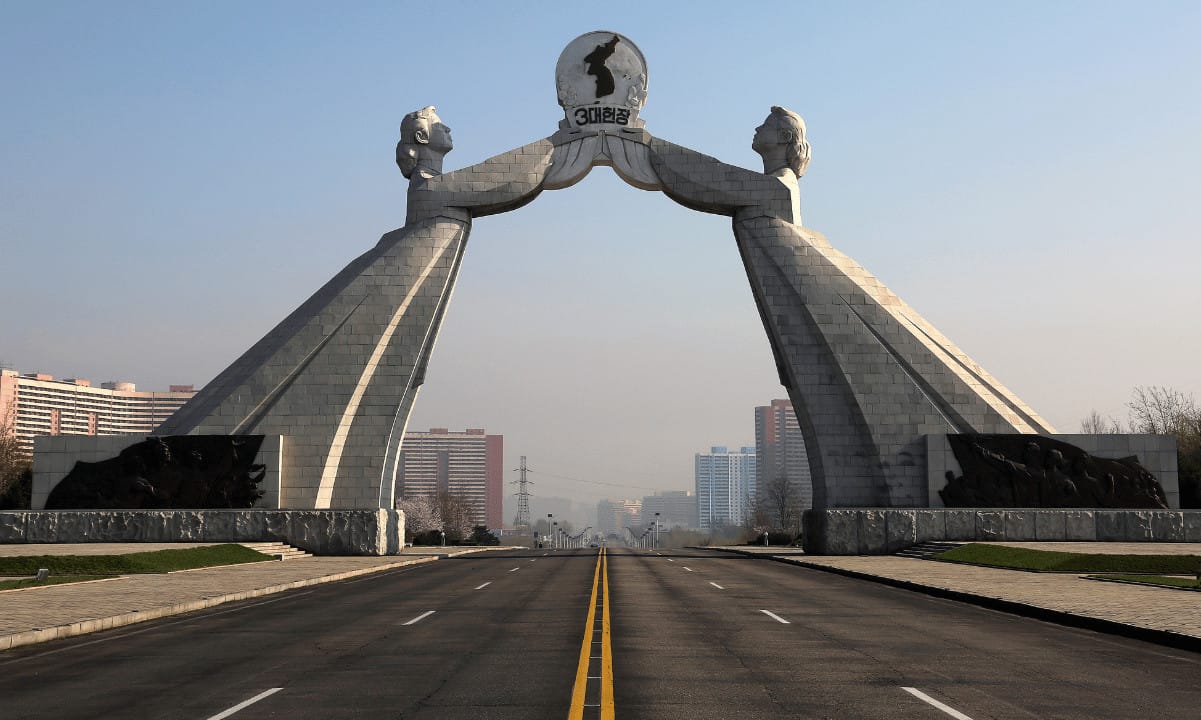The shocking assassination of Brian Thompson, the CEO of UnitedHealthcare, has ignited a political and public firestorm across the United States. Thompson was fatally shot on December 4, 2024, in Midtown Manhattan, an event that has since dominated headlines and social media discussions. The alleged perpetrator, Luigi Mangione, was apprehended in Altoona, Pennsylvania, on December 9, 2024.
Reports indicate that Mangione used a 3D-printed firearm and left behind a manifesto criticizing the American healthcare system, which has only fueled the ongoing debate about healthcare reform in the country.
Political Reactions and Public Sentiment Following UnitedHealthcare CEO’s Assasination
In the wake of the assassination, reactions have been polarized. Social media platforms have seen a wide range of responses, from disdain for Thompson to support for Mangione’s actions. Public figures and officials have expressed their shock and concern, leading to increased calls for enhanced security measures for corporate leaders.
The incident has prompted political figures to weigh in, with some Democrats, including Senator Chris Murphy, highlighting the event as a reflection of widespread public anger towards the healthcare industry. Murphy pointed to the prioritization of profits over patient care as a core issue, urging legislative action to address these systemic problems. In a video on X, the senator stated that the healthcare industry is “a system where profit matters more than life.”
Meanwhile, Republican leaders have criticized such responses, arguing they are inappropriate, while President-elect Donald Trump has condemned any admiration for the assailant, calling the shooting “just a cold-blooded, horrible killing.”
The assassination has brought renewed attention to the longstanding issues within the U.S. healthcare system, which is known for its high costs and relatively poor outcomes.
UnitedHealthcare (NYSE: UNH), one of the largest insurance providers, has faced criticism for its practices, including the denial of claims and the use of artificial intelligence to automate these decisions.
The company is a significant player in the industry, with 49 million Americans under its coverage and a reported revenue of $281 billion in 2023. The backlash against its policies, particularly concerning emergency room payments, adds to the pressure for reform and has fueled public dissatisfaction.
Impact on UnitedHealth Stock
Following the tragic event, UnitedHealth Group’s stock has experienced notable fluctuations. The stock initially fell after the assassination and continued to decline, experiencing a further dip of 5.6% on December 11, 2024.
This downward trend reflects investor concerns about the company’s practices and the broader implications of Thompson’s murder. As of December 17, 2024, the stock opened at $487.00 and was trading at $478.37 at the time of writing, with a day low of $477.375 and a high of $495.6. The company’s market cap stands at $440.24 billion, and despite the current challenges, analysts have maintained a strong buy recommendation.
UnitedHealth Group’s financial metrics reveal a complex picture. The stock’s previous close was $498.50, and it has a 52-week range from a low of $436.38 to a high of $630.73.
The company offers a dividend rate of $8.4 with a yield of 1.69% and has a beta of 0.591, indicating lower volatility compared to the market. The trailing and forward P/E ratios are 31.063 and 15.993, respectively, suggesting potential growth.
Despite recent declines, the stock’s target prices remain optimistic, with a high target of $700.00 and a median target of $640.00, reflecting confidence in the company’s long-term prospects amidst the current turmoil.
Disclaimer: The author does not hold or have a position in any securities discussed in the article.
About the author
Tim Fries is the cofounder of The Tokenist. He has a B. Sc. in Mechanical Engineering from the University of Michigan, and an MBA from the University of Chicago Booth School of Business. Tim served as a Senior Associate on the investment team at RW Baird’s US Private Equity division, and is also the co-founder of Protective Technologies Capital, an investment firm specializing in sensing, protection and control solutions.










